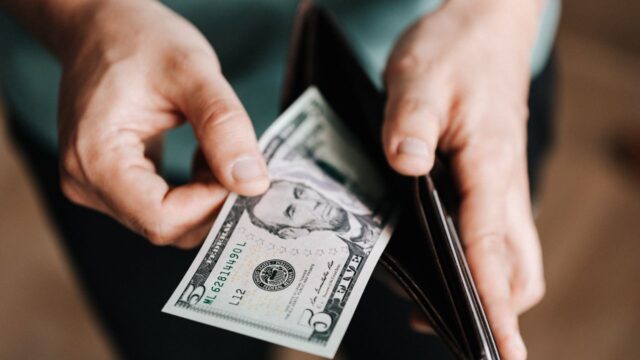
Money spending addiction is a real problem that affects millions of people every year. It can cause serious financial hardship, lead to debt, ruin relationships, and even put your health at risk. It’s important to understand why money spending addiction is so dangerous and how it can be managed effectively. Let’s explore the issue further.
What Is Money Spending Addiction?
Money spending addiction is a form of compulsive behavior where people feel the need to buy more things than they can afford or need. This can include everything from luxury items to basic necessities such as food, clothing, and shelter.
People with a money spending addiction often find themselves in significant debt, unable to pay bills on time, and unable to manage their finances responsibly. In extreme cases, money spending addiction can even lead to criminal activity like fraud or embezzlement.
How Does Money Spending Addiction Develop?
There are many factors that contribute to the development of money spending addiction. Some people may have an underlying psychological disorder such as bipolar disorder or depression which makes them more prone to compulsive behaviors. Others may have experienced trauma in their past which leads them to seek out material possessions as a way of self-soothing or escaping from difficult emotions.
Financial hardship can also be a factor, as some people may use shopping or buying things as an attempt to cope with financial stress or anxiety about not being able to make ends meet. Finally, some people simply develop the habit of buying things impulsively without really thinking about it—this is known as “retail therapy” and it can be just as dangerous and damaging as any other form of compulsive behavior.
How Can I Stop My Money Spending Addiction?
The first step in managing your money spending addiction is recognizing that you have a problem and seeking help from a professional such as a therapist or financial advisor who specializes in this type of behavior modification.
Once you’ve identified the root causes for your compulsive behavior, you can begin creating healthier habits by setting boundaries for yourself around how much you’re allowed to spend each month or week; tracking your expenses; avoiding impulse purchases; creating budgets; and seeking out support from family members or friends who will hold you accountable for your actions.
Additionally, there are also various support groups available both online and in-person where individuals who struggle with similar issues come together in order to share their stories and offer advice on how best manage their money spending addictions together.
Conclusion:
Money spending addiction is a serious issue that affects millions of people every year but with proper help and guidance it is possible to break free from this cycle of destructive behavior before it’s too late. If you think that you might be struggling with this issue then reach out for professional help right away so that you can start taking control over your finances once again and avoid potentially devastating consequences down the line!

































